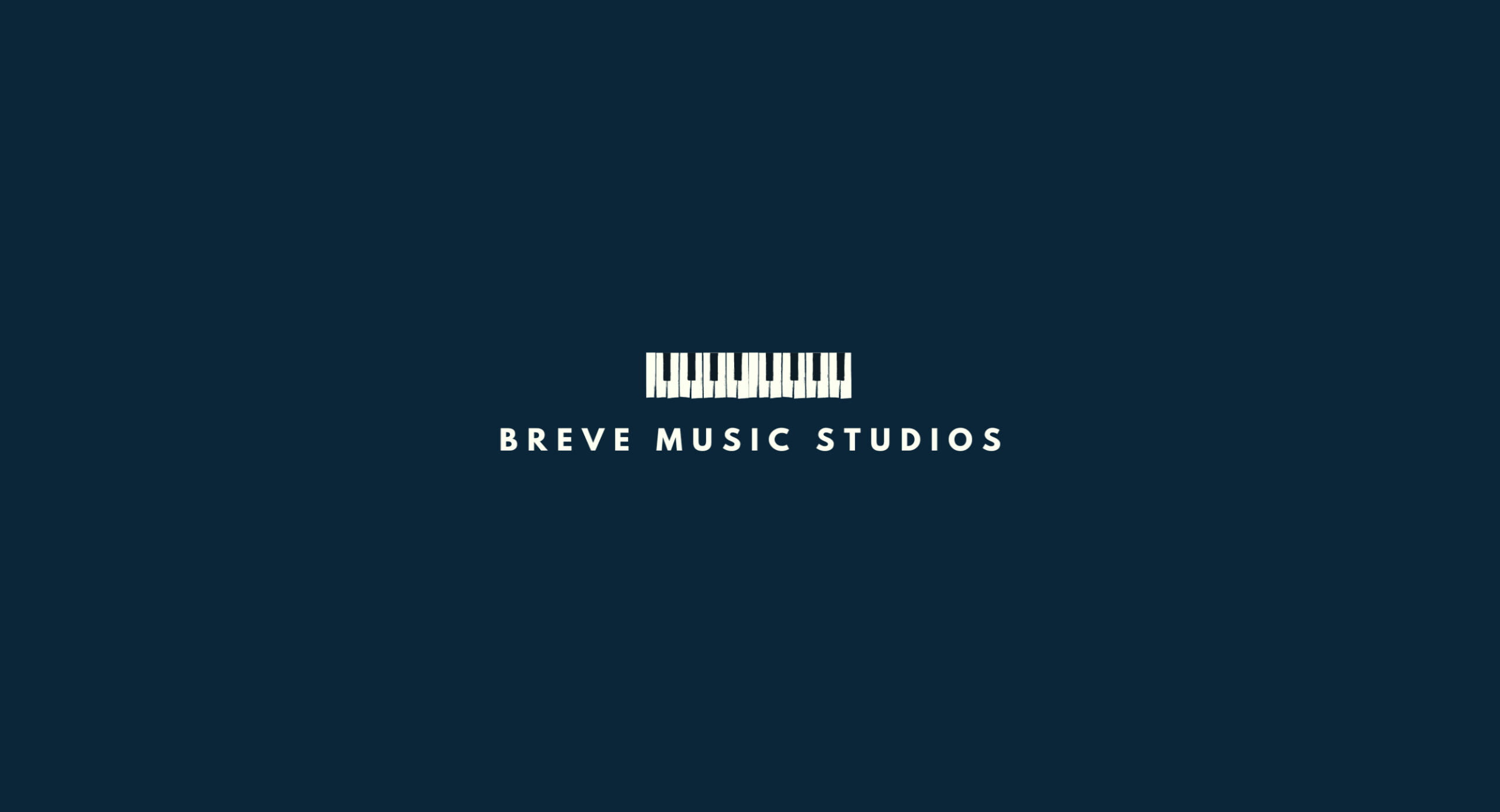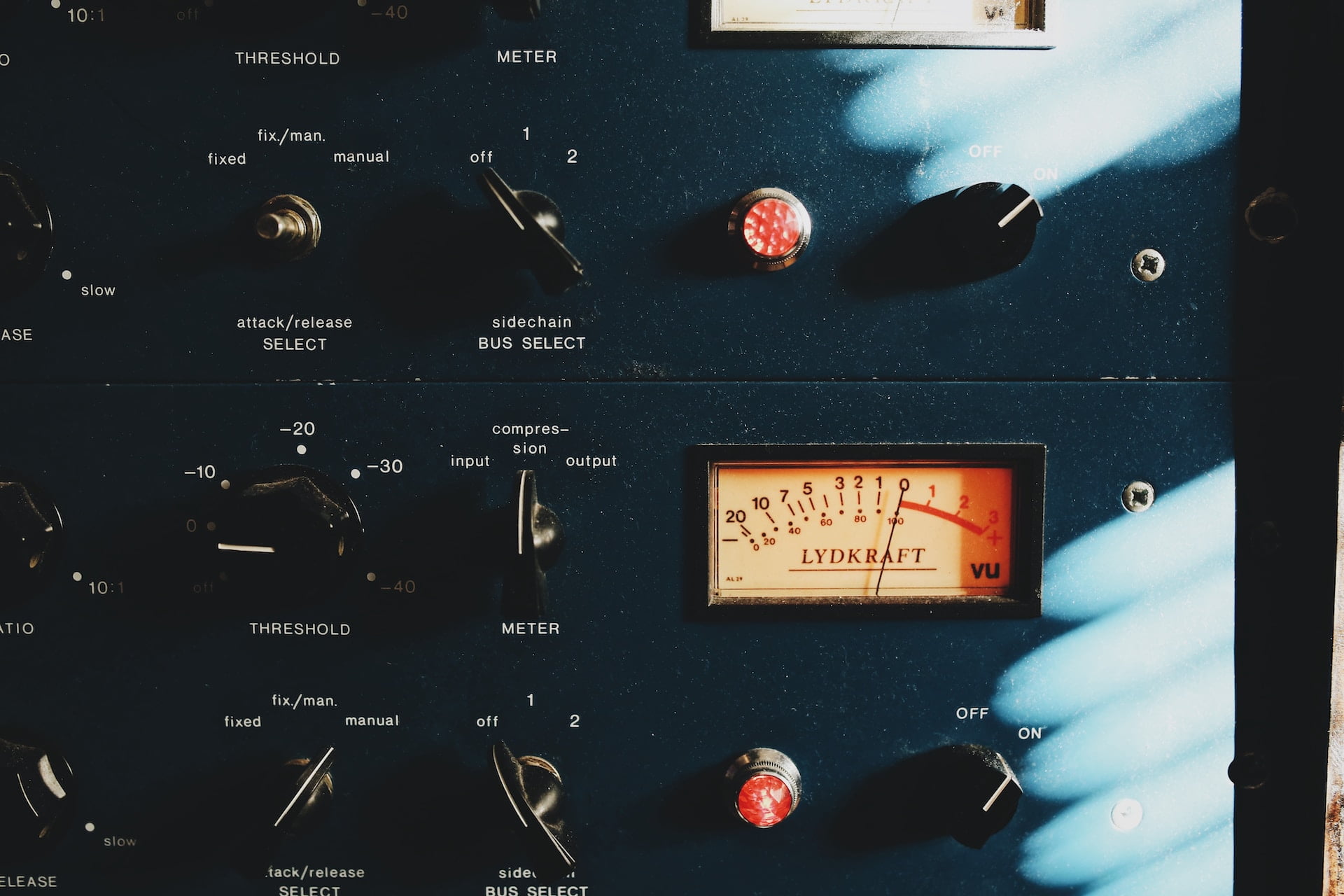Table of Contents
SoundExchange vs SongTrust
SoundExchange vs Songtrust? This is a common question for those in the music business (whether new or experienced). In this article, we’ll be highlighting the differences between the two and why we think both are a good fit for musicians with published work.
Tl;dr: Register for both. SoundExchange collects royalties from services like iHeartRadio, whereas Songtrust collects your share of the composition rights from platforms like Spotify and Apple Music.
SoundExchange administers the statutory license, which allows services to stream music while paying a fixed rate for each play. They collect and distribute royalties for the featured artist and the sound recording copyright owner when content is played on a non-interactive digital source (i.e. satellite radio providers, webcasters and digital cable music providers).
Pricing
Registering with SoundExchange is free.
They do take a percentage of royalties as an administrative rate. Unfortunately, they are not as transparent about what the fee is. Here is an article where they describe the benefits to signing up. They claim to offer “one of the lowest administrative rates in the music industry”, but don’t mention what that rate is. Their FAQ section includes the question “Is There An Administrative Fee?”, and the answer also asserts that their admin fee is low.
More transparency of the cost associated with using SoundExchange would be appreciated, however we still recommend registering with them because they’ll be collecting royalties that you otherwise would not receive at all.
Additional Terms
SoundExchange does not take any ownership of your rights. They are just the administrator the statutory license, which means they collect and distribute royalties for the featured artist and the sound recording copyright owner when content is played on a non-interactive digital source.
Check out their FAQ for more information about SoundExchange
Songtrust
Songtrust collects your share as the songwriter of a streamed or digitally purchased song. Streaming services pay the sound recording licensing fee to artists to your distributor, e.g. Distrokid or Landr. They also pay mechanical licenses, but those are usually not collected by your distributor.
In order to collect your portion of the publisher’s share (whether it is 1%, 100%, or somewhere in the middle), you must sign up with Songtrust, or one of its few competitors.
Songtrust has a great resource here that describes how they differ from Performing Rights Organizations (PROs) like ASACP and BMI. We recommend taking a look at that link to see the bigger picture of how Songtrust describes their role in the music industry.
Pricing
Songtrust charges a one-time, $100 fee per songwriter. There is no annual or per-release fee. There is also no limit to the number of songs. This fee allows them to start their up-front catalog management work. Click here to learn more about the workflow of catalog management.
You keep 85% of all royalties. They charge a 15% administration fee for all royalty types, from all global sources.
Additional Terms
You can cancel your Songtrust account at anytime, but if you do, they’ll continue collecting on any songs you delivered to them for 12 month.
Songtrust doesn’t take any copyright ownership of your songs. This means you keep 100% of your share.
Further Reading
After reviewing our list of some of the best brass VSTs currently on the market, feel free to check out our other articles.
Do you also use orchestral strings or woodwinds instruments in your mixes? Read our article about the 10 Best Orchestral VSTs and 10 of the top Woodwind VSTs.
Breve Music Studios publishes music to Spotify, YouTube Music, Amazon Music and more. Follow our pages on Facebook, Instagram, Twitter, TikTok, and YouTube.
Listen to our ensembles: Breve Orchestra, Breve Music Ensemble, Breve Low Brass Ensemble, Breve Woodwind Ensemble, and Jermaine Harris on Spotify.
I hope you enjoyed this overview about SoundExchange and Songtrust. Register your music today with both sites to start earning your full royalties!

